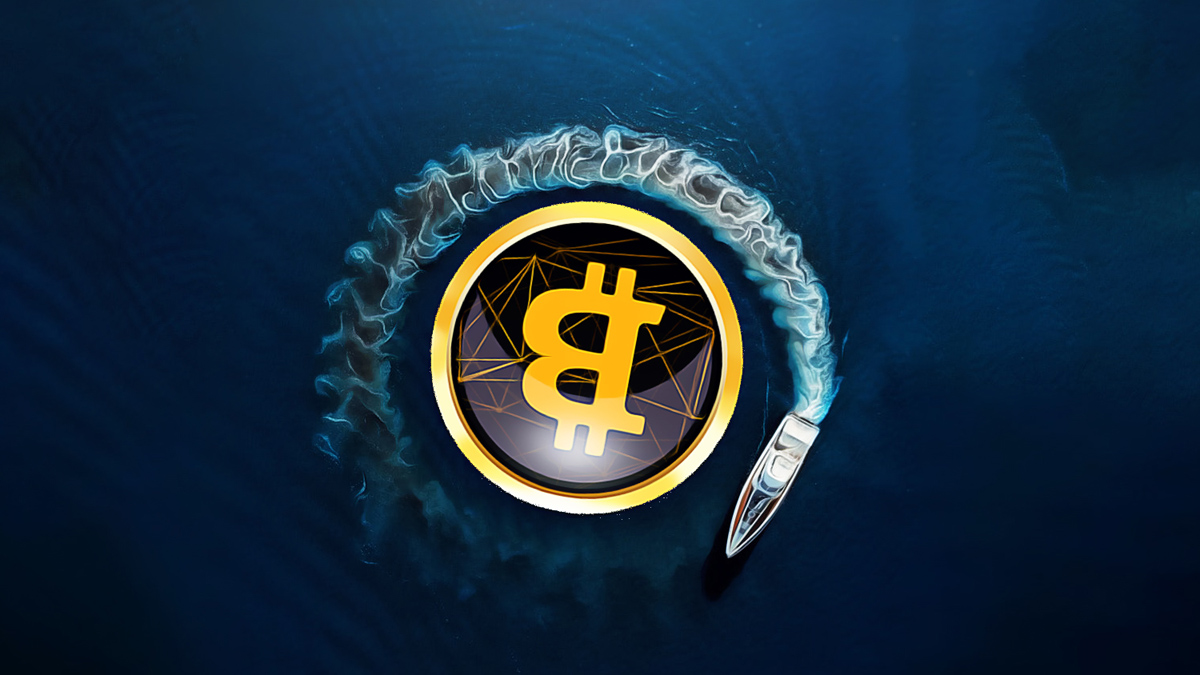Nate Geraci, ETF Store President, has highlighted Ethereum’s significant role as the decentralized finance sector continues to grow rapidly. According to Geraci, Ethereum  $2,946 is becoming a trust layer within decentralized finance. As banks and asset managers start integrating tokenization, Ethereum’s maturity, liquidity, and growing tool support offer a considerable advantage, making it a likely candidate for facilitating enterprise-level tokenization.
$2,946 is becoming a trust layer within decentralized finance. As banks and asset managers start integrating tokenization, Ethereum’s maturity, liquidity, and growing tool support offer a considerable advantage, making it a likely candidate for facilitating enterprise-level tokenization.
Why is Ethereum the First Choice for Institutional Tokenization?
Tokenization has transitioned from theory to practice in the banking and securities sectors. Projects have moved beyond the pilot phase to execute real transactions. Established market infrastructure providers like the New York Stock Exchange, Nasdaq, and the DTCC are testing Ethereum-based solutions for swift and transparent asset exchanges. Ethereum’s open-source code, global developer community, and long-standing operational reliability provide operational security for enterprises handling trillions of dollars in value.

The ecosystem’s depth not only offers technical convenience but also supports high transaction volumes. Since decentralized exchanges, custodial services, and institutional wallet infrastructures currently function on the altcoin king, tokenized bonds, cryptocurrencies, or real estate shares seamlessly enter a liquid secondary market. This network effect lowers entry barriers for new products while bolstering investor confidence.
Foundations of Market Expert’s Bullish Ethereum Outlook
Geraci emphasizes that his message extends beyond just a price forecast and serves as a caution about structural market changes. Ethereum is evolving from merely a platform for smart contract trials into critical infrastructure for real-world asset settlement. Although this transformation is not yet fully reflected in the individual market, the steady increase in institutional demand has the potential to permanently alter the supply-demand balance.
Security remains a primary concern for institutional capital. With over fifteen years of handling billions of dollars without major issues, the altcoin king meets these security expectations. Geraci points out that it’s challenging for other Blockchain networks to attain similar credibility rapidly in the demanding landscape of high-volume and strictly regulated transactions.

 Türkçe
Türkçe Español
Español










